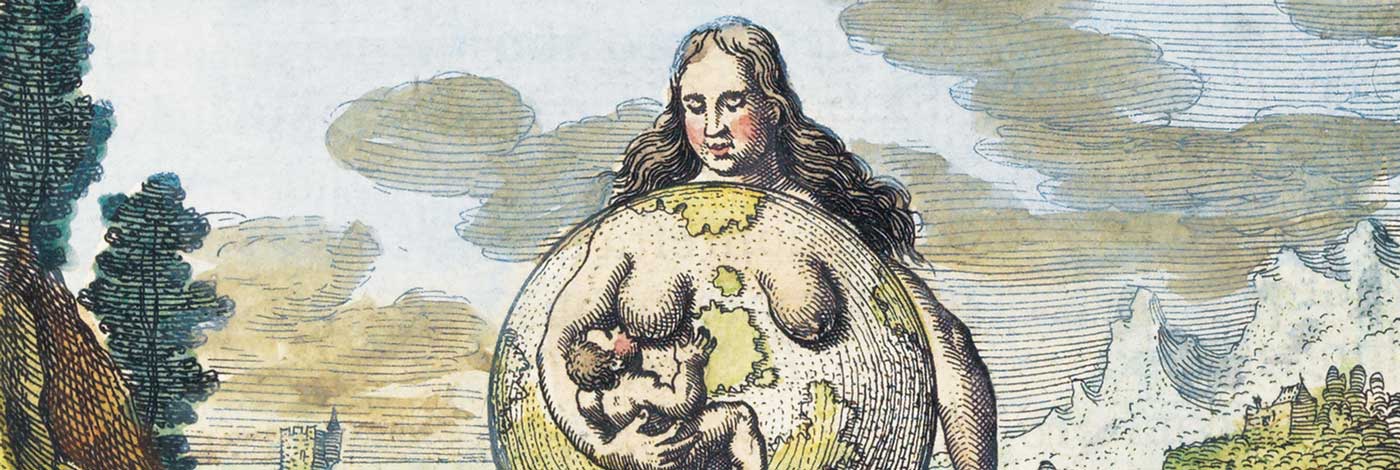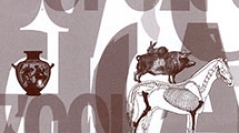

 Anthropozoologica
42 (2) - Pages 155-174
Anthropozoologica
42 (2) - Pages 155-174Archaeofaunal records from the Early Archaic to the Early Formative sites (11000-2400 BP) on the western slope of the Puna de Atacama region (22°S-24°S) were analysed in order to understand the process of camelid domestication. The remains were recovered from rock shelters and open sites reflecting an extended occupational sequence, starting with the first human occupations in the Early Archaic (11000-8000). During the Late Archaic (5000-3800 BP), the mobile hunting/gathering tradition had changed into a cultural system characterised by large campsites, hunting activities being present along with the first evidence of camelid domestication in favourable mid-Holocene sites (Quebrada Tulán and Puripica), which evolved during the Early Formative to complex camelid husbandry-based societies about 3100 BP Although osteometrical evidence is mainly used, we incorporate pathologies, palaeoenvironmental information, the material culture and the archaeological context. Our intent is to identify the environmental scenario and the importance of environmental variables in desert areas, as well as to understand the emergence of camelid domestication in relation to subsistence, transport and sources for raw material, and also, the continuity of camelid hunting activities during the Early Formative. The results sustain the hypothesis of domestication taking place around Puna independent from the Central Andes in a context of complex archaic societies which consolidate during the Early Formative.
Puna de Atacama, South-American camelids, domestication, Late Archaic, Early Formative.